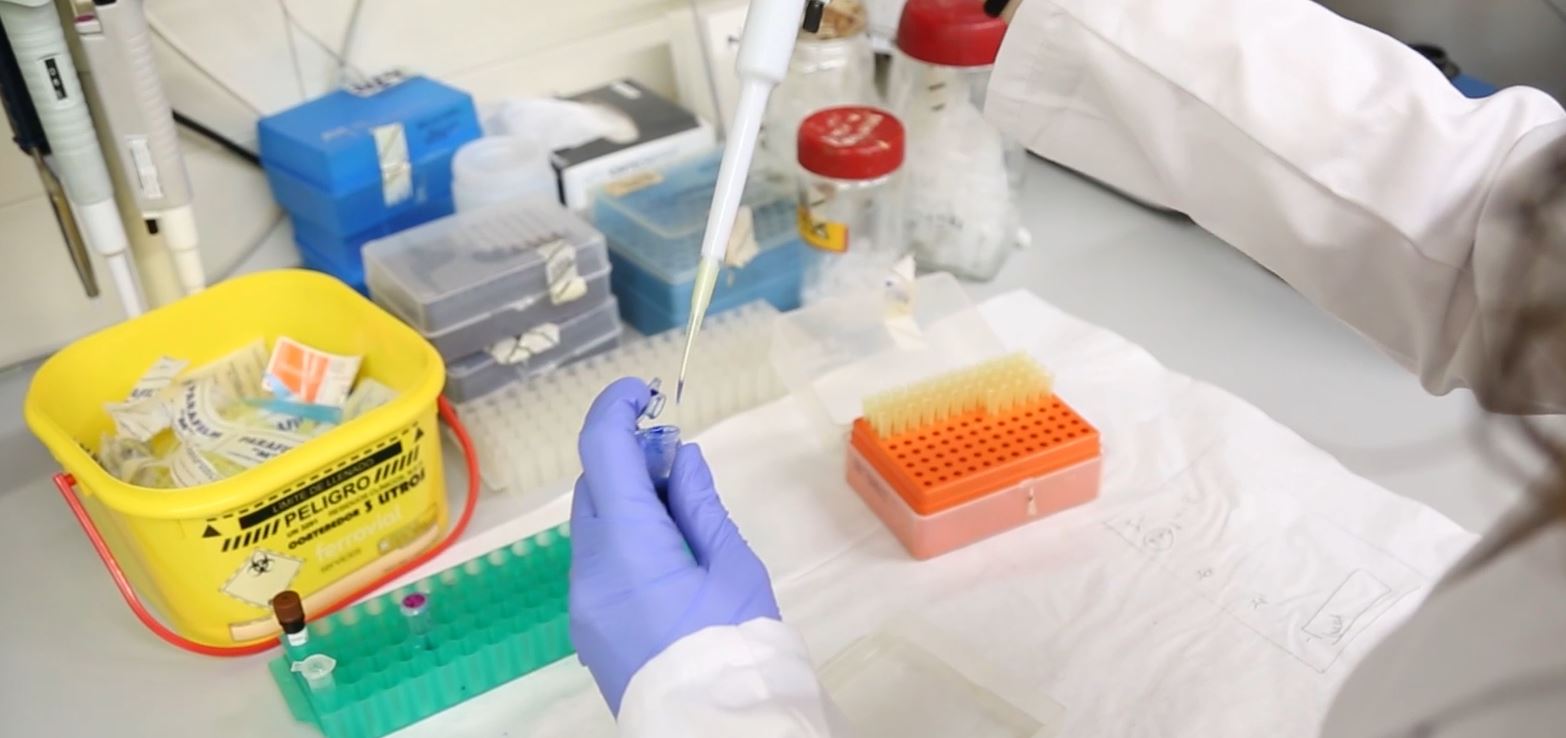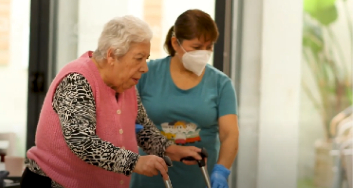
Peptide and oligonucleotide synthesis specialist
Other denominations
Solid-phase synthesis specialist
Description
Nucleic acids (DNA and RNA) and proteins play a fundamental role in genetic transmission and also have important functions in cells. Since the end of the 20th century it has been possible to prepare smaller molecules in the laboratory. These are known as oligonucleotides or peptides, depending on which macromolecule they derive from. Oligonucleotides can be used for medical diagnosis and at some point in the future it will be possible to use them as treatments, since they are able to penetrate infected or mutated cells, reducing or inducing changes in gene expression for a certain period of time. In the medium-term, peptides not only represent one of the most interesting therapeutic methods available, but can also serve as the platform for innovative and intelligent systems for carrying and releasing other medicine into the bloodstream. What both types of molecules have in common is that they are usually synthesises and produced using the solid-phase methodology, as well as their more recent biotechnological applications. Specialists in the synthesis of these compounds mainly hail from research centres and are responsible for desinging, planning and implementing strategies to help laboratories identify, isolate or synthesis peptides and oligonucleotides. This knowledge is applied in the design of sampling procedures, a chemical process linked to the development of new medicine. Communication with the development team is vital in order to make effective decisions as to the scaling of the process and its impact on production in the relevant batches.
Tasks
- Design, synthesise and purify peptides and oligonucleotides from milligrams to grams in a good laboratory practices environment.
- Take responsibility for the scaling of the process and the production of oligonucleotides and peptides in a good manufacturing practices environment.
- Control the operational aspects of all of the equipment involved in the process.
- Record any incidents in the production and perform regulation compliance studies.
- Analyse raw materials received at the laboratory.
- Study the steps prior to the synthesis and the subsequent purification.
- Record synthesis methods in the relevant protocols, producing and maintaining internal standardised working procedures, detailing their specifications.
- Perform quality controls on the product batch before it is sent on to the following stage.










 | Catalan | Beginner
| Catalan | Beginner | Catalan | Advanced
| Catalan | Advanced
 Open
Open | English | Beginner
| English | Beginner







